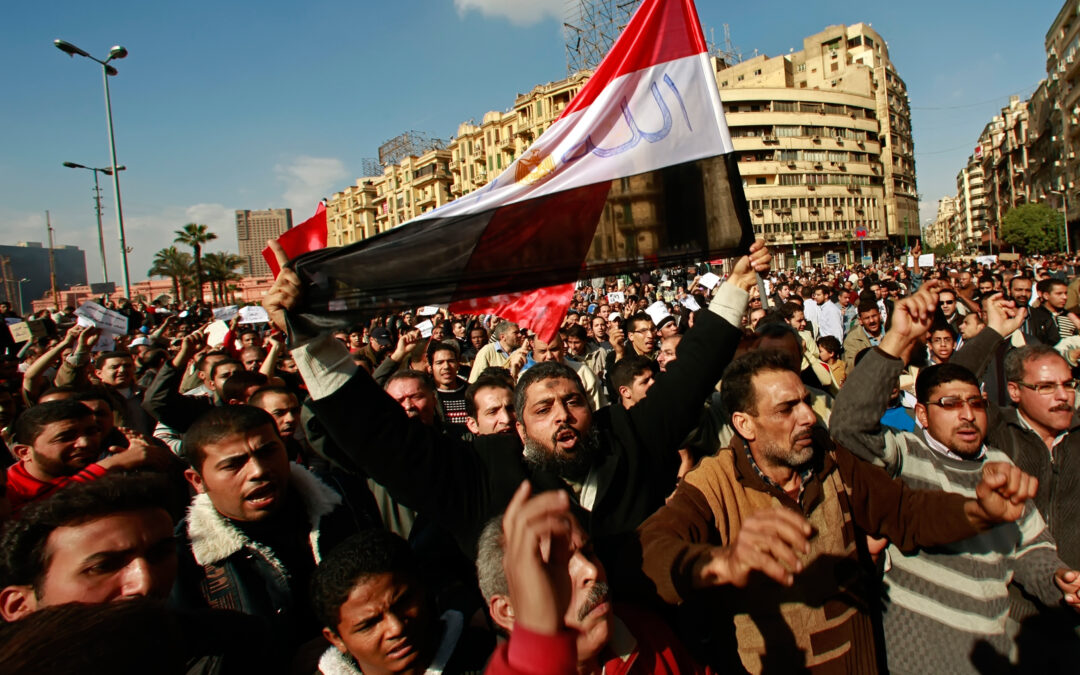Australia-Fair Work Act (2009)
Australia-Fair Work Act-2009-eng
ICJ calls on OSCE participating states to enhance practical measures for human rights compliance when countering terrorism
At a two-day conference of the Organization for Security and Co-operation in Europe (OSCE), the ICJ called on the OSCE to take practical steps aimed at enhancing human rights compliance while countering terrorism.
The OSCE conference addressed the subject of Strengthening Regional Co-operation, Criminal Justice Institutions and Rule of Law Capacities to Prevent and Combat Terrorism and Radicalization that Leads to Terrorism and was held in Vienna, Austria, on 12 and 23 November 2012.
Addressing the aim of the conference to identify best practices, the ICJ’s Representative to the United Nations, Alex Conte, spoke on trends in national legislative responses to the countering of terrorism, specifically concerning compliance with the rule of law and human rights and the combating of conditions conducive to the spread of terrorism and to radicalization. He recommended that the OSCE:
- Continue with its encouragement of participating states to ratify and implement the universal terrorism-related conventions, including the four most recent conventions, as well as any international human rights treaties to which they are not yet parties.
- In doing so, pick up on the best practices identified by the former UN Special Rapporteur on counter-terrorism with a view to ensuring that domestic implementing legislation is in compliance with, and is applied in a manner consistent with, human rights and the rule of law, in order to avoid laws and practices that might create conditions conducive to the spread of terrorism and to radicalization.
- Organise structured workshops for judges and the legal profession, including with reference to the best practices mentioned.
- Establish mechanisms through which participating states can be assisted in undertaking a review of new and existing implementing legislation
OSCEConference-CounterTerrorismAndROL-Agenda (download conference agenda in PDF)

Egypt: a flawed constitutional reform process
 A new ICJ report shows that the constitutional reform process in Egypt has failed to meet international principles of inclusive participation and transparency, thereby undermining the transition to democracy.
A new ICJ report shows that the constitutional reform process in Egypt has failed to meet international principles of inclusive participation and transparency, thereby undermining the transition to democracy.
“The Egyptian authorities, including the Constituent Assembly, have failed so far to meet the aspirations of the Egyptian people to adopt a Constitution that establishes the rule of law, recognizes and protects universally accepted human rights without restriction, guarantees the independence of the judiciary in all circumstances, and ensures the effectiveness of democratic institutions,” said Wilder Tayler, ICJ Secretary General.
The ICJ is calling upon the Egyptian authorities to address the challenges currently facing the constitutional reform process, as a matter of urgency; ensure that this process is in full compliance with international standards of inclusive participation and transparency; and guarantee that the new Constitution fully conforms with the rule of law and international law, including human rights standards.
The ICJ report Egypt’s new Constitution: a flawed process; uncertain outcomes details how, in overseeing the process leading to the adoption of a new Constitution, the Supreme Council of Armed Forces (SCAF) failed to ensure the rights of Egyptians to take part in public affairs and to meaningfully participate in the drafting and adoption of a new Constitution.
“Instead of paving the way for a clear and participatory reform process, the SCAF consistently opted for opaque, rushed and non-consensual policies that aimed to shield the armed forces from any form of accountability and that have severely undermined both the legitimacy of the process itself and its outcomes,” Tayler added.
Even though the administration of President Morsi replaced the SCAF on 30 June 2012, the constitution-making process continues to be carried out under the legal framework enacted by the SCAF.
The report also describes how several judicial decisions, in particular the dissolution of the first Constituent Assembly, by a decision from the High Administrative Court, and the dissolution of the People’s Assembly, following a decision by the Supreme Constitutional Court, have contributed to the confusion and uncertainty regarding the drafting of a new constitution.
As a result of this confused process, the draft of the new Constitution, published by the Constituent Assembly on 14 October 2012, has failed to provide for effective guarantees to reinforce the protection of human rights and the supremacy of the rule of law, including by ensuring that the powers of the State are not exercised arbitrarily.
“The draft Constitution does not sufficiently incorporate the rule of law and international law, including human rights standards. This is particularly evident as regards the accountability of the armed forces and their subordination to a legally constituted civilian authority, the content and scope of constitutional human rights, and the compliance of the whole judicial system, including the Office of the Public Prosecutor and the Constitutional Court, with international standards of independence, impartiality and accountability,” said Said Benarbia, ICJ Senior Legal Adviser for the MENA programme.
The report sets out urgent institutional and legal reforms that, together with sufficient political will, may help ensure a clean break with the practices and policies of Mubarak’s regime and the transition to a genuine democracy in Egypt.
Contact:
Saïd Benarbia, Middle East & North Africa Senior Legal Adviser, ICJ, t +41 22 979 3817; e-mail: said.benarbia(at)icj.org
Alice Goodenough, Middle East & North Africa Legal Adviser, ICJ, t +41 22 979 3811; e-mail: alice.goodenough(at)icj.org
Egypt-Flawed constitutional reform process-report-2012
Photo by Reuters




